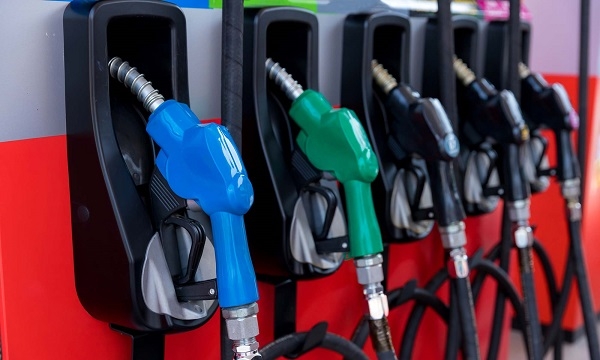Energy levy: 'You can't continue pouring water into a leaking bucket' - COPEC warns
The government's proposal to introduce a new GH¢1 levy on petroleum products to address the colossal US$3.1 billion energy sector debt has drawn a sharp rebuke from the Chamber of Petroleum Consumers (COPEC).
Executive Secretary Duncan Amoah has vehemently warned that simply imposing new taxes without addressing the fundamental inefficiencies in the power sector will ultimately sabotage ongoing economic stabilisation efforts.
Speaking on Citi Eyewitness News today, a few hours after Finance Minister Dr Cassiel Ato Forson laid the Energy Sector Levies (Amendment Bill), 2025, in Parliament, Mr Amoah described the move as a potentially "counterproductive" measure that risks placing undue pressure on already struggling Ghanaians.
"For me, whatever we need to do to stop the bleeding of the power sector, I think that should be our key focus at this point," Mr Amoah asserted, driving home his core argument. "You cannot continue to pour water in a leaking bucket, so we need to resolve the issues crippling the power sector."
COPEC's critique goes beyond mere taxation, pointing to systemic flaws that, they argue, perpetually drain the energy sector's finances.
Mr Amoah highlighted that Ghana's power distribution network alone faces significant challenges, with combined technical and commercial losses estimated between 20% and 25% annually.
This translates to hundreds of millions of dollars in unrecovered revenue each year, a major "leak" in the system.
Furthermore, legacy power purchase agreements (PPAs) signed during previous administrations, often with "take-or-pay" clauses, force the nation to pay for as much as 200-300 megawatts of unused power capacity daily, adding to the debt regardless of actual consumption.
"To say that we should go and collect new taxes on petroleum products at this point, when the same government seems to have done everything right, I think it will be shooting itself in the foot and will be adding unnecessary pressure," Mr Amoah argued.
He cautioned that while the Finance Minister assures that a strong Ghana Cedi will absorb the immediate impact of the levy, external factors like volatile global crude oil prices (which fluctuate significantly, sometimes by $5-10 per barrel in a single month)could quickly erode any Cedi gains, leaving consumers, currently battling an inflation rate around , vulnerable to rising fuel costs.
The Finance Minister, Dr. Cassiel Ato Forson, in presenting the bill, outlined the pressing need for US$3.7 billion to clear existing energy sector debts and an additional US$1.2 billion for essential fuel procurement throughout 2025 for thermal power generation.
He maintained that the levy would be a dedicated funding source.
However, Mr Amoah firmly believes that without a concerted effort to plug the "leaks", addressing power theft, improving distribution efficiencies, renegotiating unfavourable contracts, and reforming the governance of state-owned energy utilities, any new funds collected will simply disappear into the same void.
"The earlier we put a stop to the bleeding of that sector, the better. I think the government should go and think through this appropriately because it could create a whole mess for the country itself," Mr Amoah warned, stressing that true economic stability demands sustainable solutions over temporary financial infusions.
The Views, Comments, Opinions, Contributions and Statements made by Readers and Contributors on this platform do not necessarily represent the views or policy of Multimedia Group Limited.
The Views, Comments, Opinions, Contributions and Statements made by Readers and Contributors on this platform do not necessarily represent the views or policy of Multimedia Group Limited.







